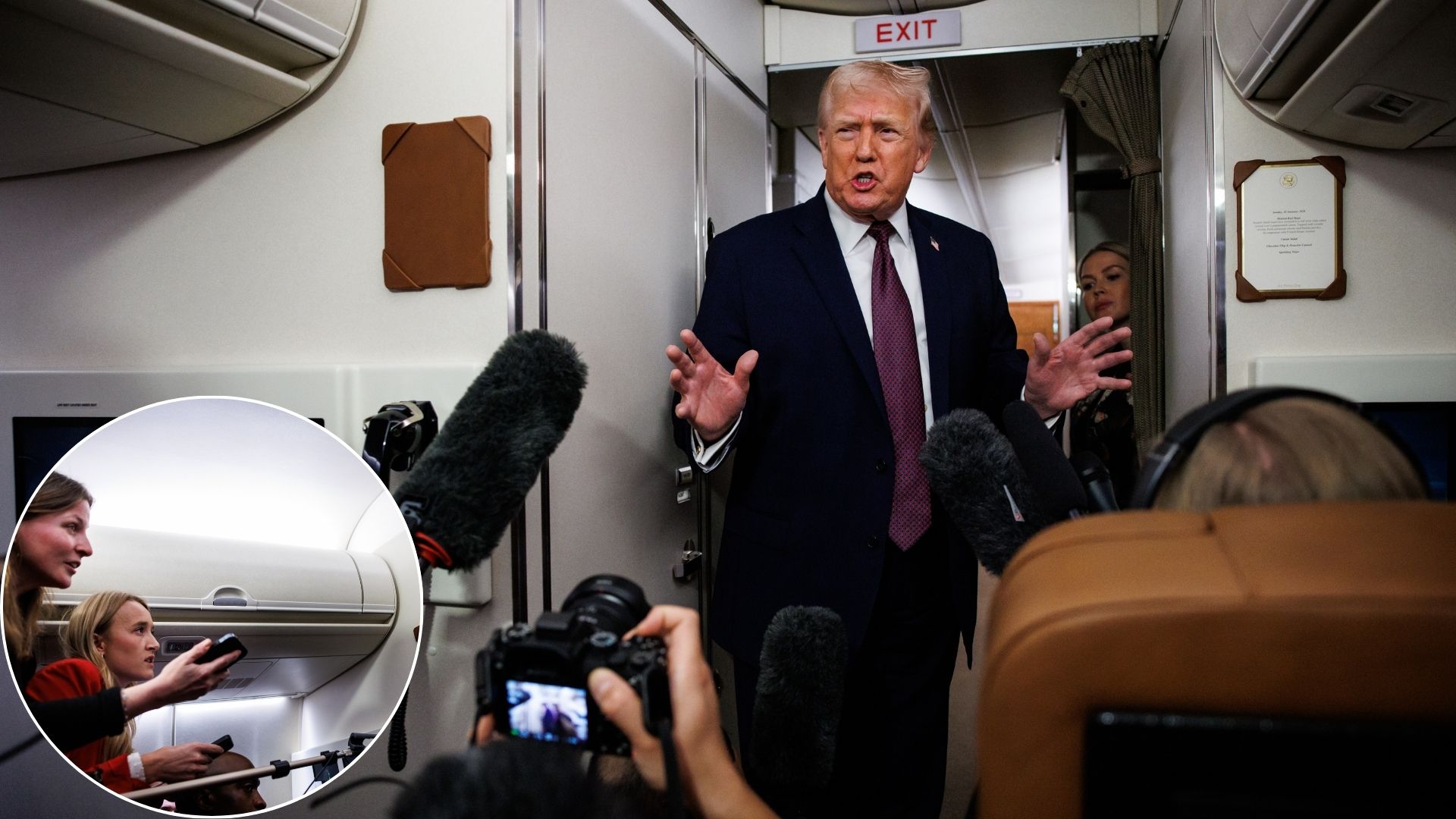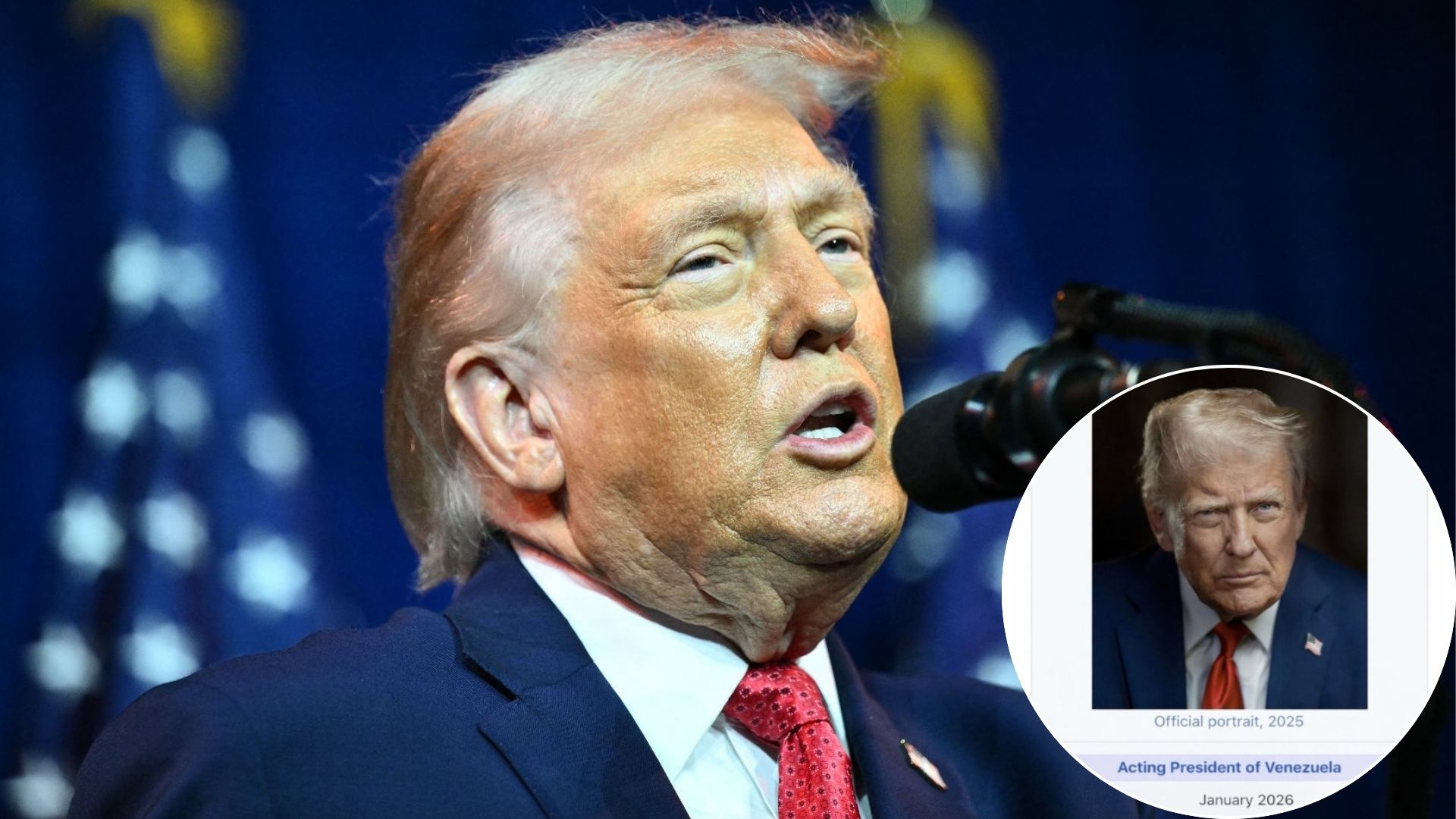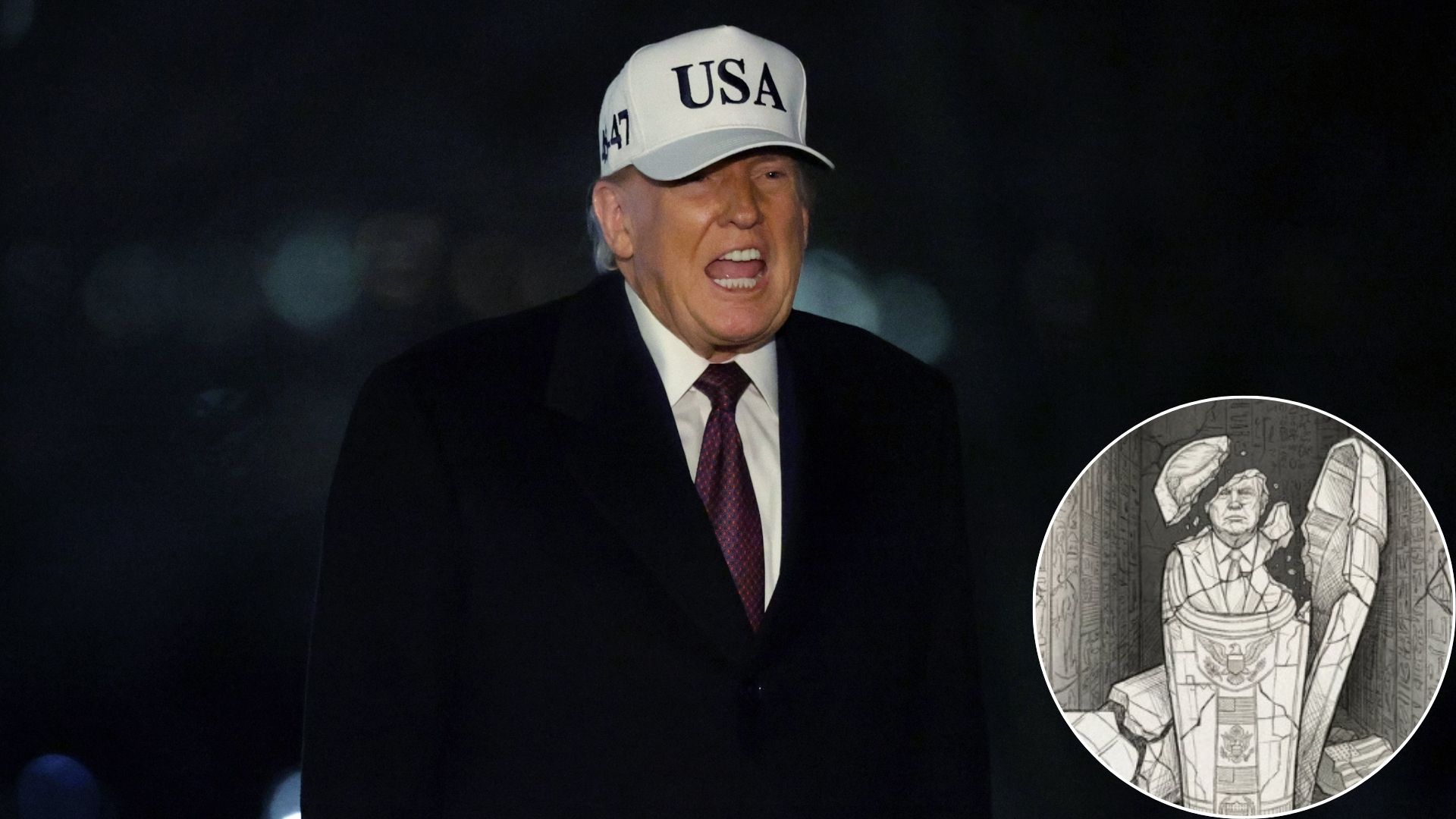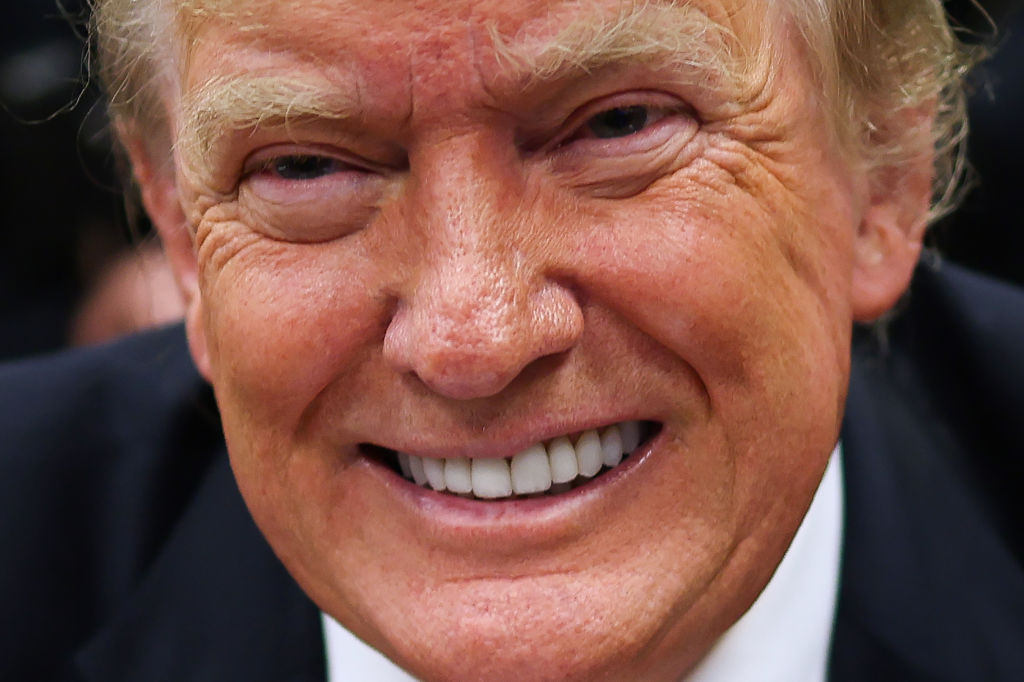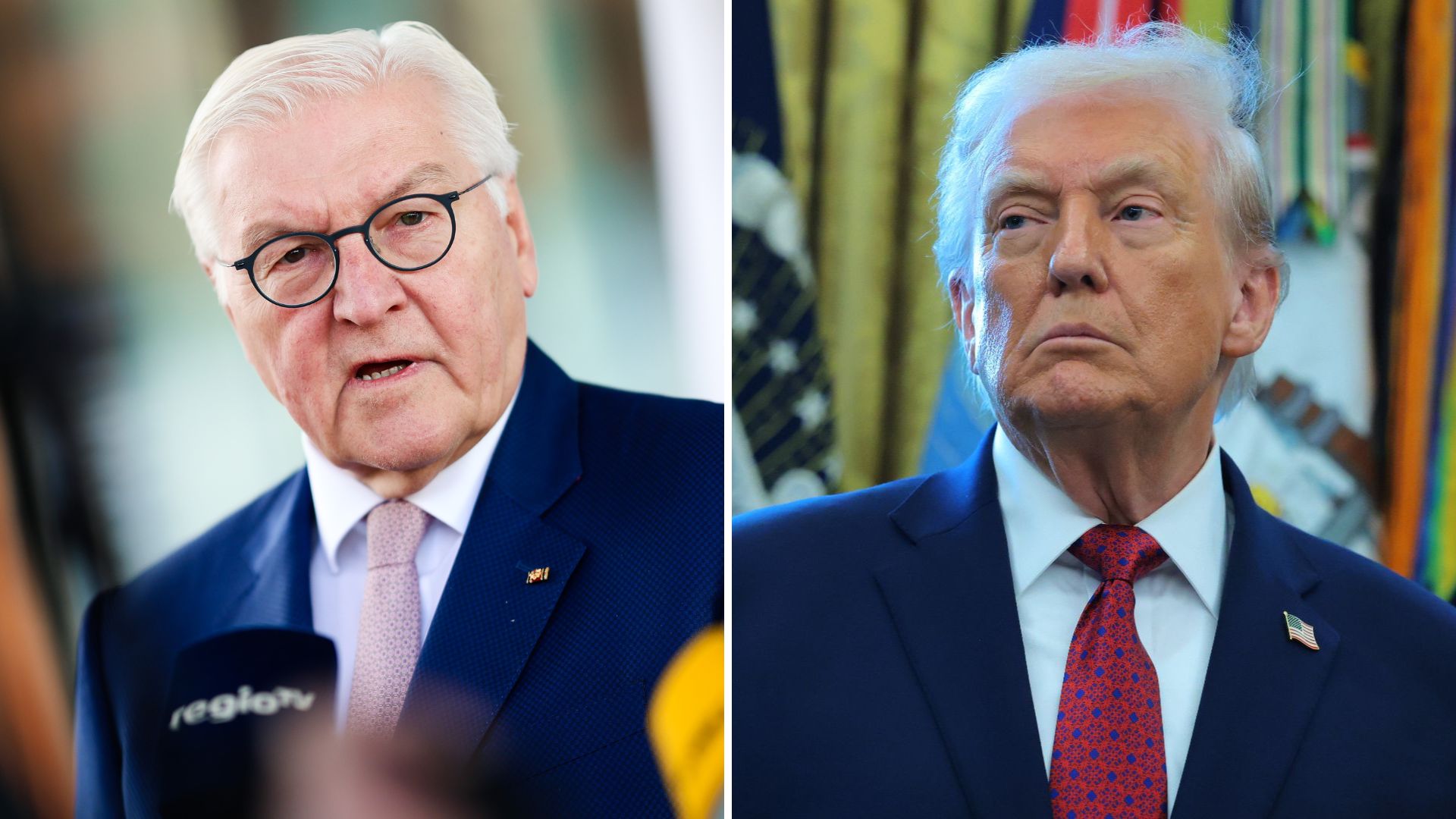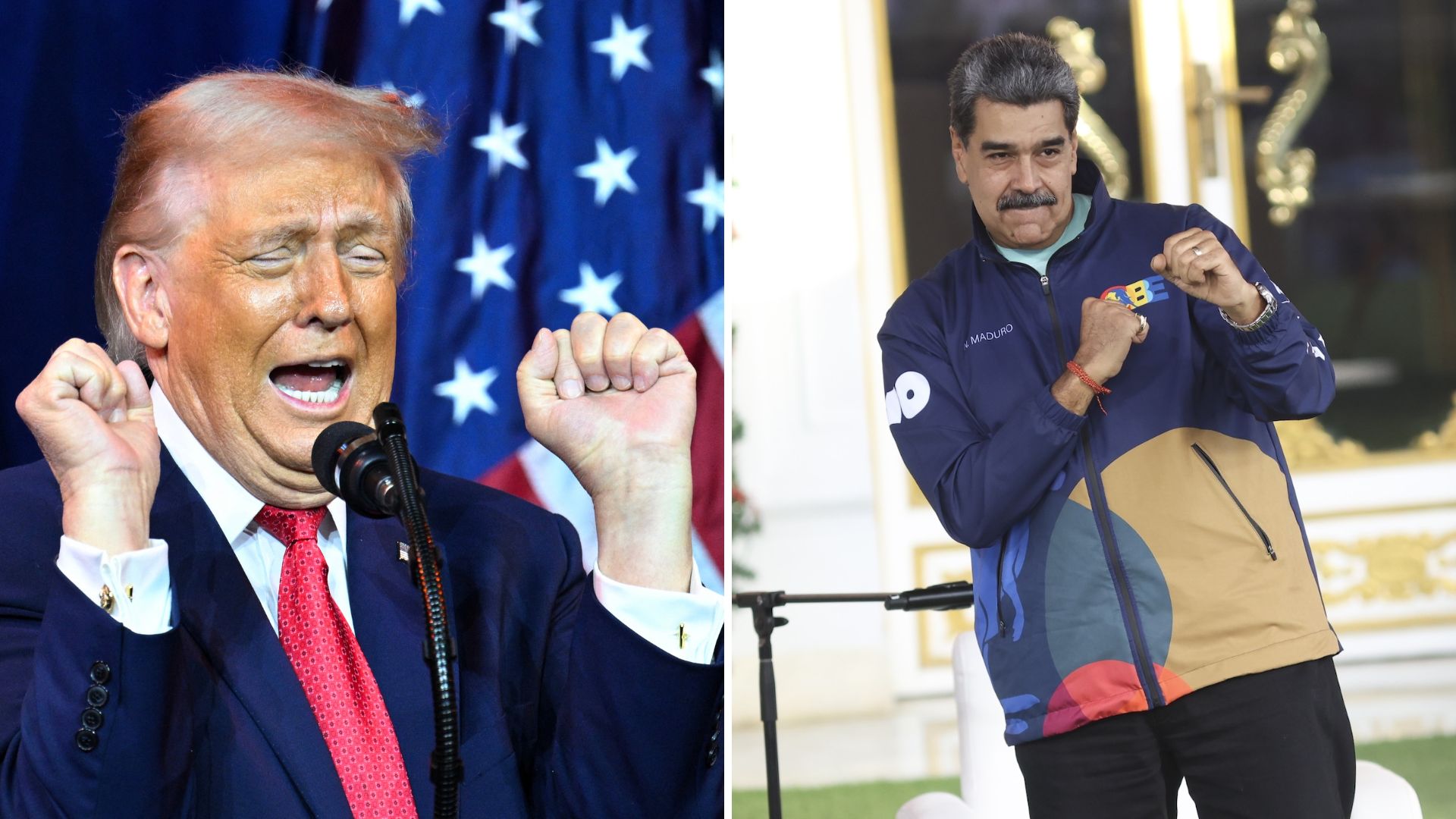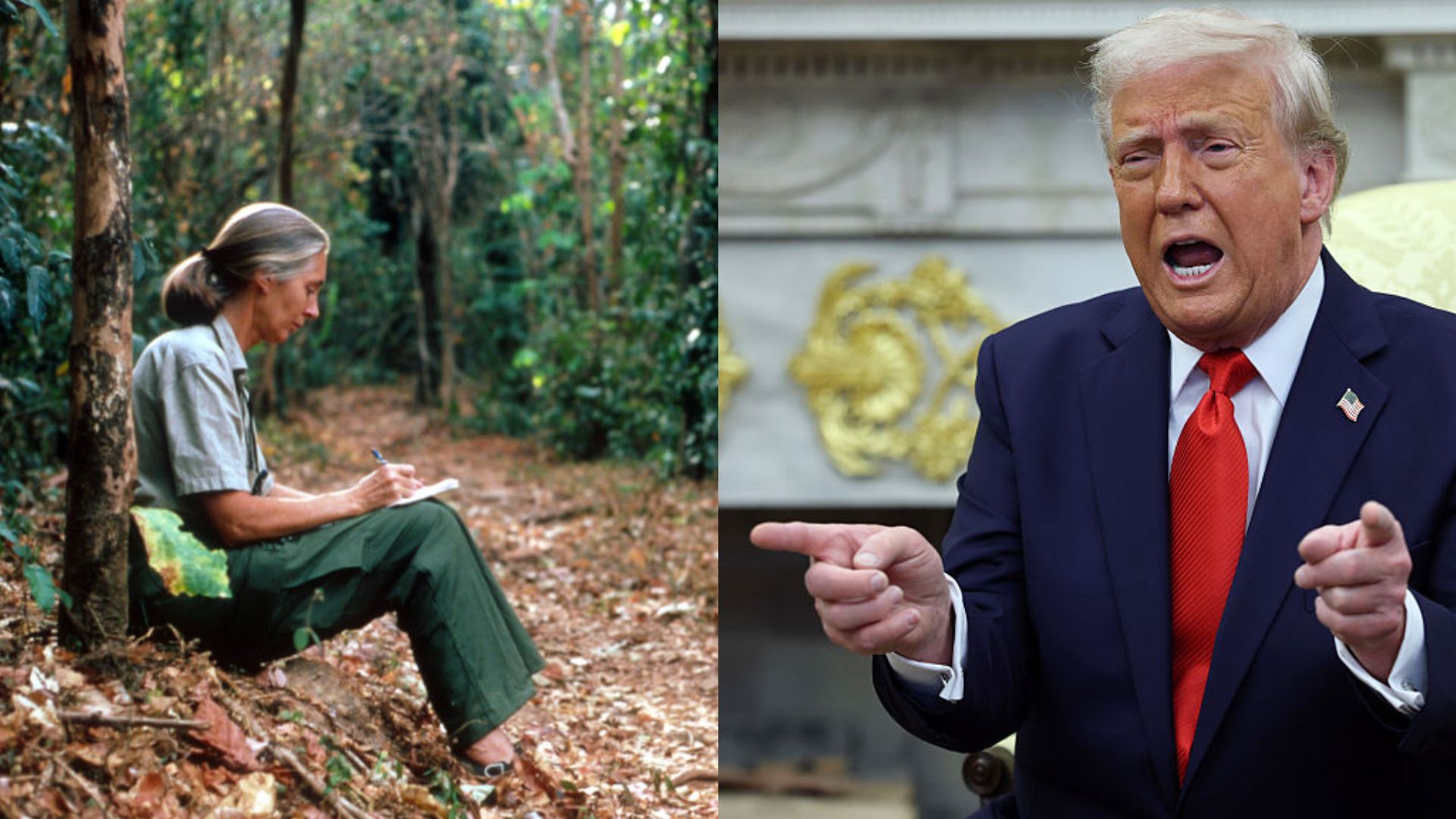
Netflix had an exclusive interview with Jane Goodall in the documentary Famous Last Words.
The posthumous words of Jane Goodall
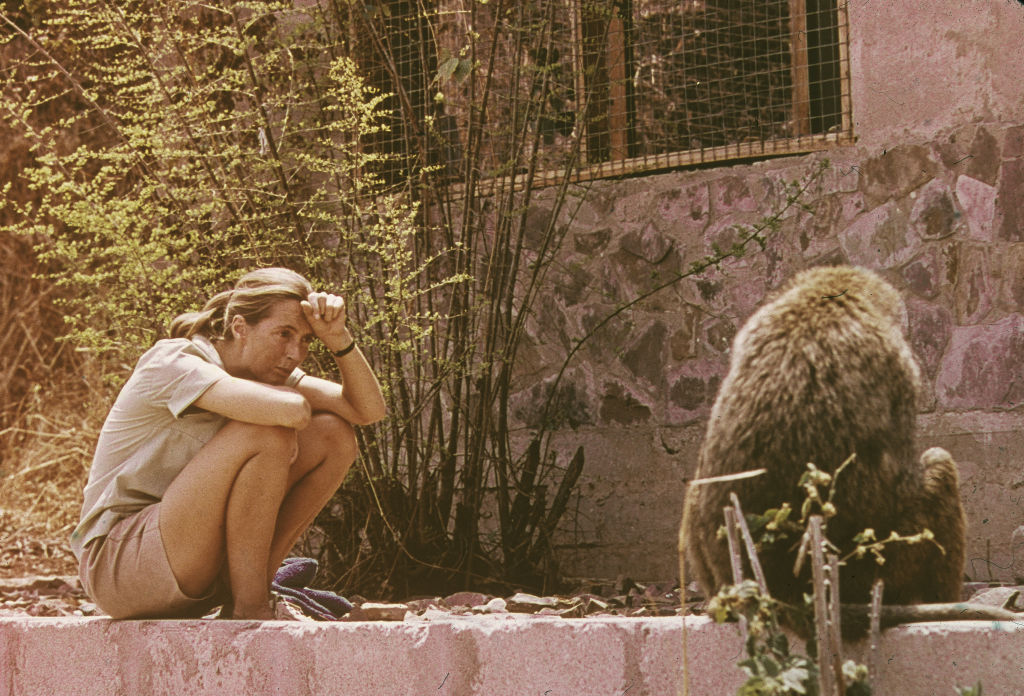
A few days after her death at 91, Netflix released an exclusive interview with Jane Goodall in the documentary Famous Last Words. She confides in us about her perception of humanity, its excesses and, above all, the parallels between primates, which she studied all her life, and human behavior.
Jane Goodall is a famous British ethologist, primatologist and anthropologist. She is best known for her work with chimpanzees. She died on October 1 in Los Angeles.
Alpha males... in space!

Jane Goodall humorously declares her desire to send “alpha male” leaders such as Donald Trump, Elon Musk, Vladimir Putin, Xi Jinping and Benjamin Netanyahu on a one-way trip to space.
With this statement, she symbolizes her criticism of leaders dominated by ego, aggression and the relentless quest for power.
In her view, they are all out of touch with the realities of the Earth they are destroying.
Animal and human behavior
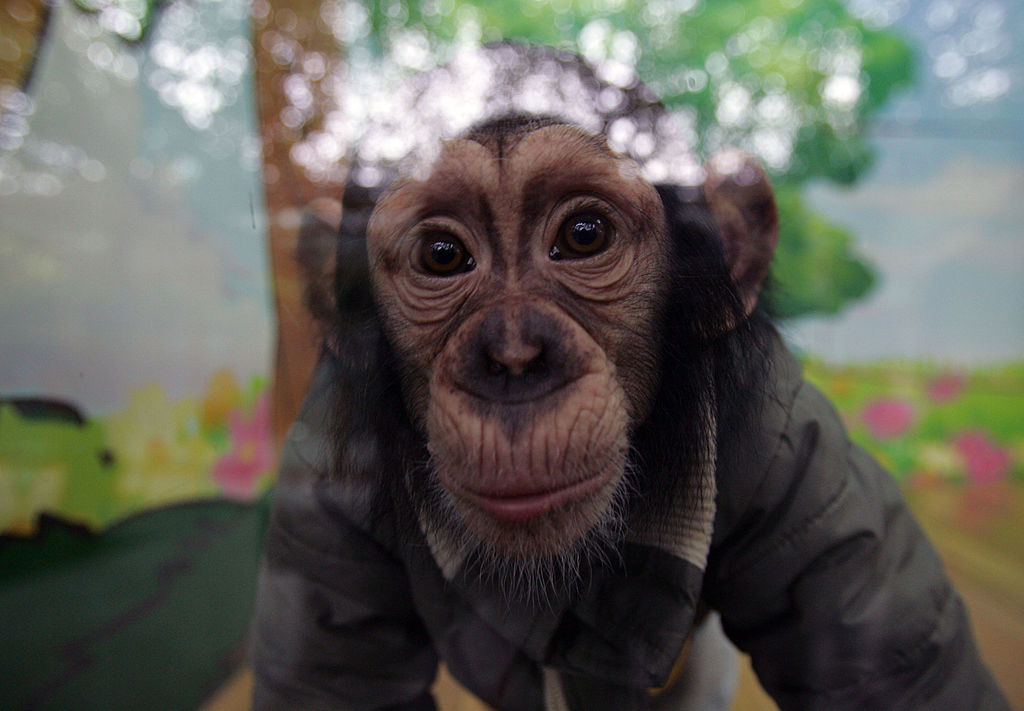
She also reminds us that human behaviors of domination and rivalry are very similar to those observed in chimpanzees.
She highlights a number of signs, including posture, show of strength, intimidation and, above all, the desire to impress in order to impose oneself.
Two types of "alpha males

Goodall identifies two main categories of leader, in both chimpanzees and human beings.
The first imposes himself through brutality, fear and threat. His authority is short-lived, as his power is based on aggression and defiance.
The second asserts itself through cunning, collaboration and alliances, frequently relying on trusted partners or allies.
This type of leadership, which is more intelligent and collective, lasts longer. This seemingly trivial difference encapsulates the whole of the researcher’s social philosophy: group persistence relies more on solidarity than brute power.
The contagion of collective aggression
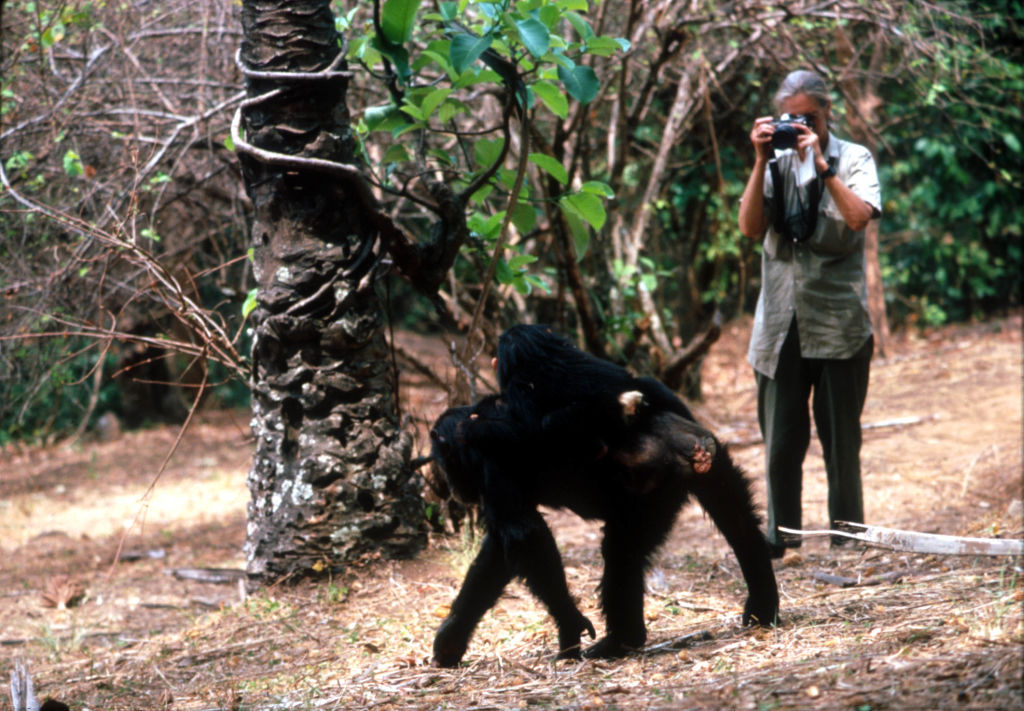
She continues to develop the parallel between chimpanzees and humans, using as an example the spread of fear or anger from one individual to an entire group.
In chimpanzees, when one male gets angry, the others imitate his behavior: their cries intensify and the whole group becomes aggressive.
This phenomenon has also been observed in humans: collective violence, political anger and media emballengements.
Politicizing animal behavior
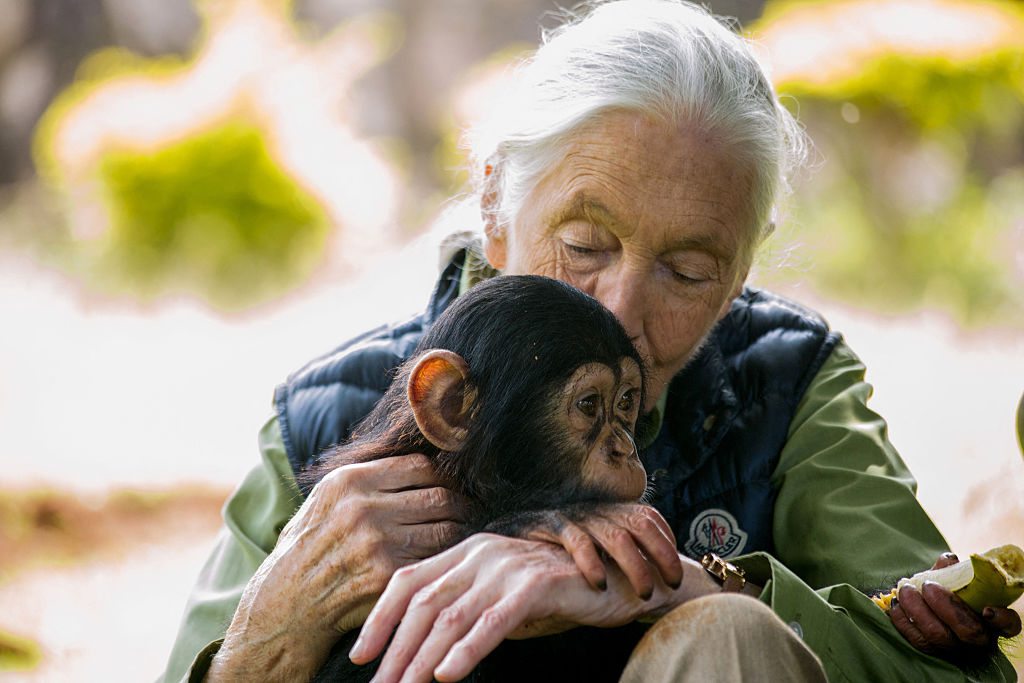
Jane Goodall goes beyond a simple comparison with the animal kingdom to offer a reading of contemporary issues.
According to her, battles for leadership, divisions between nations, geopolitical power relations and the discourse of leaders reveal ancestral reflexes of domination.
By evoking leaders such as Trump, Putin, Xi and Netanyahu, she concretely demonstrates this animal dimension of politics. But she is not pessimistic: our biological heritage can be overcome.
Education - the antidote to hatred

To counter these instincts of domination inherited from our past, education is the most legitimate solution.
In 1991, Jane Goodall set up Roots & Shoots, an initiative designed to educate young people about environmental challenges, species preservation and humanitarian concerns. in her view, only education can give rise to a generation guided by empathy, open-mindedness and consideration for the living world.
Humanity will endure

The article closes with a simple, universal message:
“Even when the planet is dark, there is still hope.”
Jane Goodall didn’t believe in instant revolutions, but in the power of small, repeated gestures. Like Churchill during the war, she advocated tenacity, perseverance and faith in human courage. She urged everyone to act every day, however modestly, to preserve the beauty of the world.
In her parting words, she spoke not just of science or ecology, but of humanity. Humanity has the potential and the duty to convert these instincts into lucidity and a spirit of collaboration.

